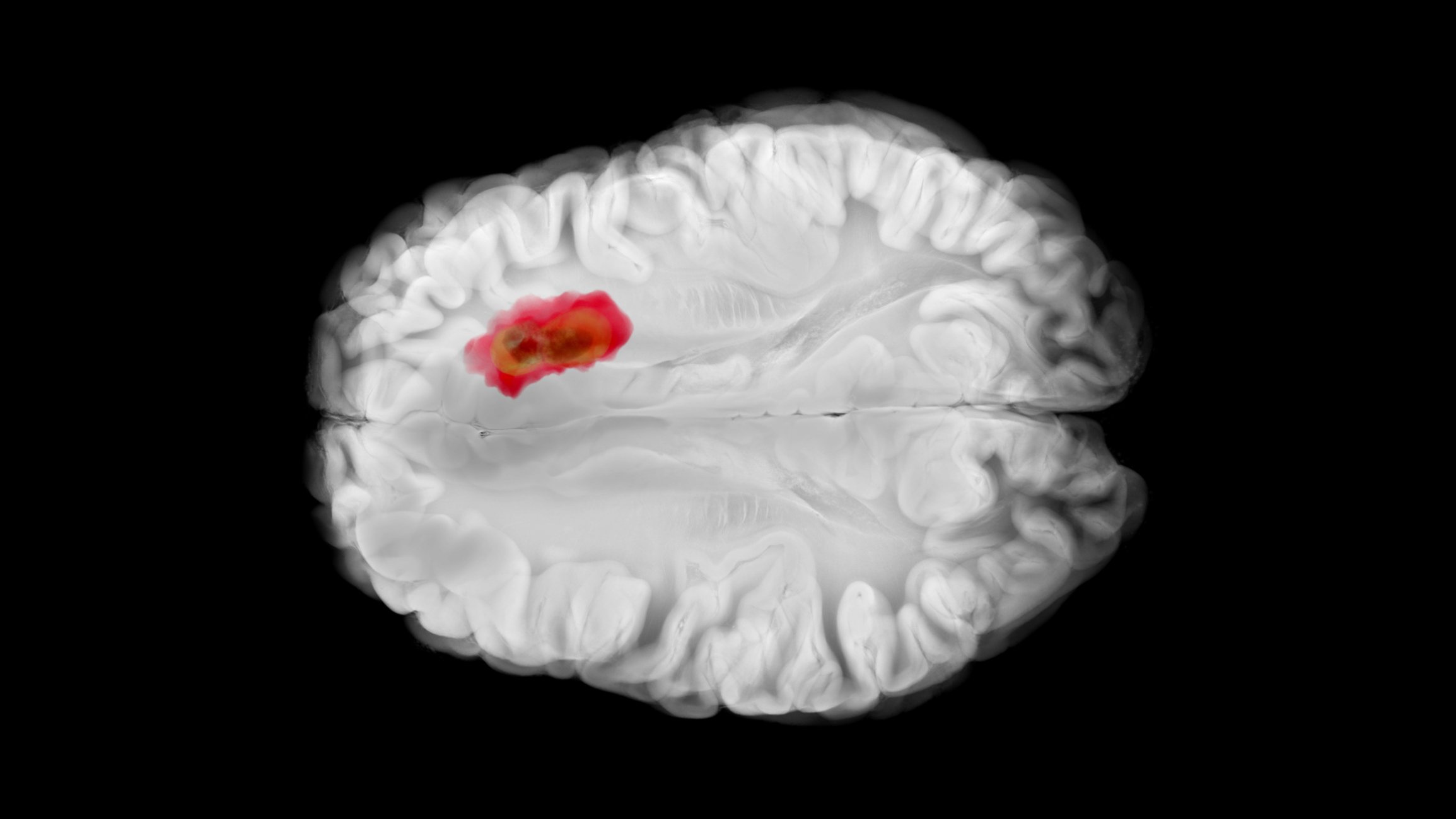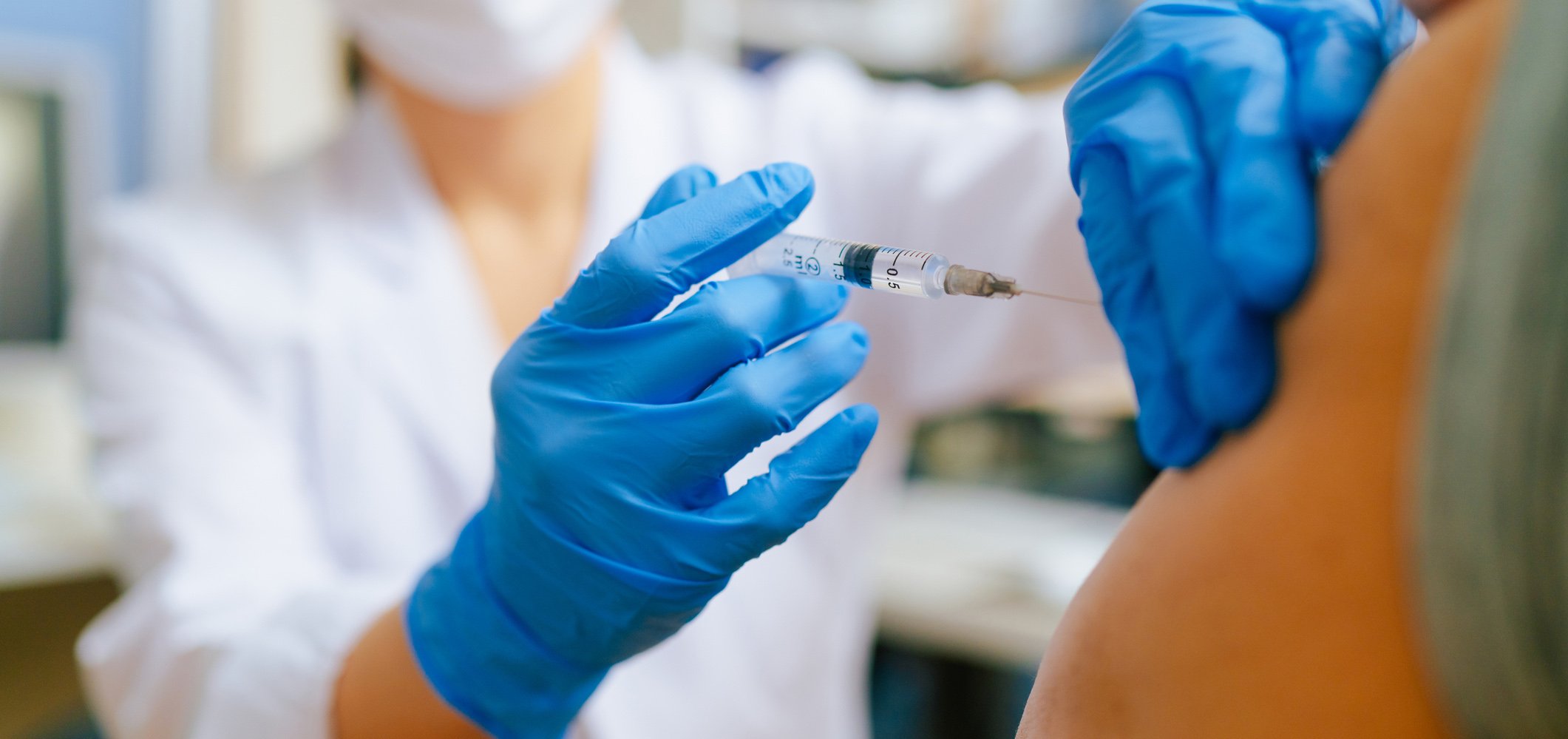Cell and gene therapies are considered highly innovative but also challenging approaches in modern cardiology. While early hopes for adult stem cells from bone marrow or skeletal muscle were largely disappointed, pluripotent stem cells and gene editing methods are now coming into focus. Results from preclinical studies are encouraging, but have not (yet) been confirmed to the same extent in clinical trials. The main problems are immunological issues, arrhythmia risks, costs, lack of reproducibility and, in some cases, ethical concerns. Future developments, including advanced gene editing without double-strand breaks (base/prime editing) or targeted epigenetic modulation, promise to further develop the potential of regenerative medicine in the field of cardiology.
Autoren
- Tanja Schliebe
Publikation
- CARDIOVASC
Related Topics
You May Also Like
- Low-grade pediatric gliomas
Consideration of the tumor microenvironment opens up new treatment options
- Palliative care symptom and needs assessment.
What screening tools are helpful?
- Patient-centered rounds in medicine
Aligning care with the patient
- HIV: antiretroviral therapy (ART)
Single-tablet regimens support adherence
- Rare pulmonary syndromes
Yellow nail and Swyer-James syndrome
- Vaccinations against viral respiratory infections
Influenza, Covid-19 and RSV – Update 2025
- GLP1-RA therapy
Improvement in either weight or HbA1c – but never both
- Suicide












